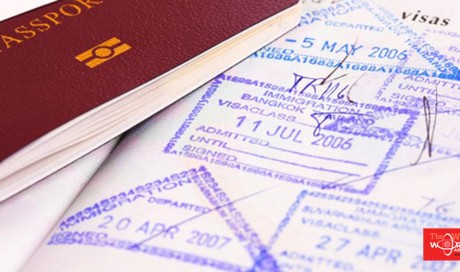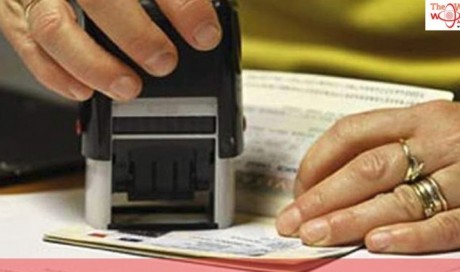Procedure
The procedure involves visiting the authentication office at Ahmadi Court Complex or Riggai Court Complex, and submitting the requisite documents, filling up the service application form, and paying the due fee to carry out the proceedings.
Expatriate weddings & Marriage Certificate
Expatriate workers can get married in Kuwait, provided, they meet the civil and religious requirements in their home country. Embassy and consulate staff performs civil marriage ceremonies on meeting certain requirements.
Expats planning to get married in Kuwait will have to produce a Certificate of No Impediment (CNI) prior to executing the marriage ceremony, to confirm that they have not been previously married, or that their previous marriage is legally terminated. These certificates are obtained in person from embassy. The notice should be submitted minimum of 21 days ahead of marriage.
Civil weddings are held on Sundays and Wednesdays in the Ministry of Justice Building at Soor Street on the Ground Floor of Block 15.
The couple will have to be accompanied two adult male witnesses and should produce documentations such as CNIs for bride and groom, civil Ids of bride, groom and both, original passports, and photocopies.
The application form will be completed in Arabic, and you will have to meet the judge. On completion of formalities you will be legally married in Kuwait. For registration of marriage in your own country, however, you will require translation and attestation by Ministry of Foreign Affairs, prior to being accepted by your embassy.
Marriage certificate attestation is required to obtain a suitable family visa of Kuwait.
Christian Weddings in Kuwait
Christians residing in Kuwait can get married in a church or under Sharia Law in court. The church will offer you with details of documentation, fees and other requirements. Church weddings are available with different legal formalities. Weddings solemnised at St. Paul’s and Roman Catholic Churches in Ahmadi can be recorded at General Register’s Office. A couple married in the Evangelical church will be required to undergo a civil ceremony.
In order for a marriage contract signed in Church to be recognized, it needs signature of a Notary at the Ministry of Justice.
As for validity of the marriage, it is better to consult your Church priest.
Divorce
In majority of Muslim countries, Islam Law allows husbands to divorce their wives without any reason by just by stating "I divorce you" three times before it gets irrevocable. After the first two divorces, the husband may nullify the divorce within 90 days, but, the third time, it is final, and he cannot remarry her unless she first marries and is divorced by another man.
Shiá Law stipulates that a man should appear before the judge for the divorce to be official. Sunni Law makes it even easy for a husband to divorce, as he only need to record the divorce with registrar of the personal affairs court. If the wife disagrees with nullification of the divorce, she must go to court to receive a formal divorce.
Women in both Sunni and Shiá marriages may divorce their husbands. A divorce initiated by the wife is final. Under Sunni law, a wife may cite a variety of causes in support of divorce, but, both Sunni and Shi’a laws do not allow a woman to divorce her husband solely because he married another woman, unless specified in their marriage contract.
In most divorce cases, husbands, by law, are required to pay monthly alimony payments for each child born of their marriage. These payments are based on husband’s salary and takes into account his financial abilities and obligations. The payments continue for girls untill marriage, and for boys till they reach 18. The husbands will also have to provide funds to cover housing, transportation and other household maintenance expenses.
In custody issues due to divorce, Kuwaiti Law favours the mother for small children. Girls usually live with their mother until they marry. In the case of boys, when they reach puberty, they can choose whether to reside with their mother or father.
In Sunni Law, the custody is based on what is best for the child at various ages. Custody of the child is also based on religion of the mother. If the mother is Muslim, the mother will typically be granted custody of her children.
In Shiá Law, custody decisions are based on the rights of parents. For a woman to receive custody of her children in case of divorce, she should be a Muslim, and should not have remarried.
Note: The family law code for Kuwait is currently available only in Arabic. Therefore, it is particularly important to know your rights, and before going to court always ensure that you have a fluent Arabic speaker with you for all legal dealings. The marriage laws are liable to change from time to time. Therefore, for advice on marriage in Kuwait, visit Kuwaiti authorities, or a lawyer practising in Kuwait.
Share This Post













